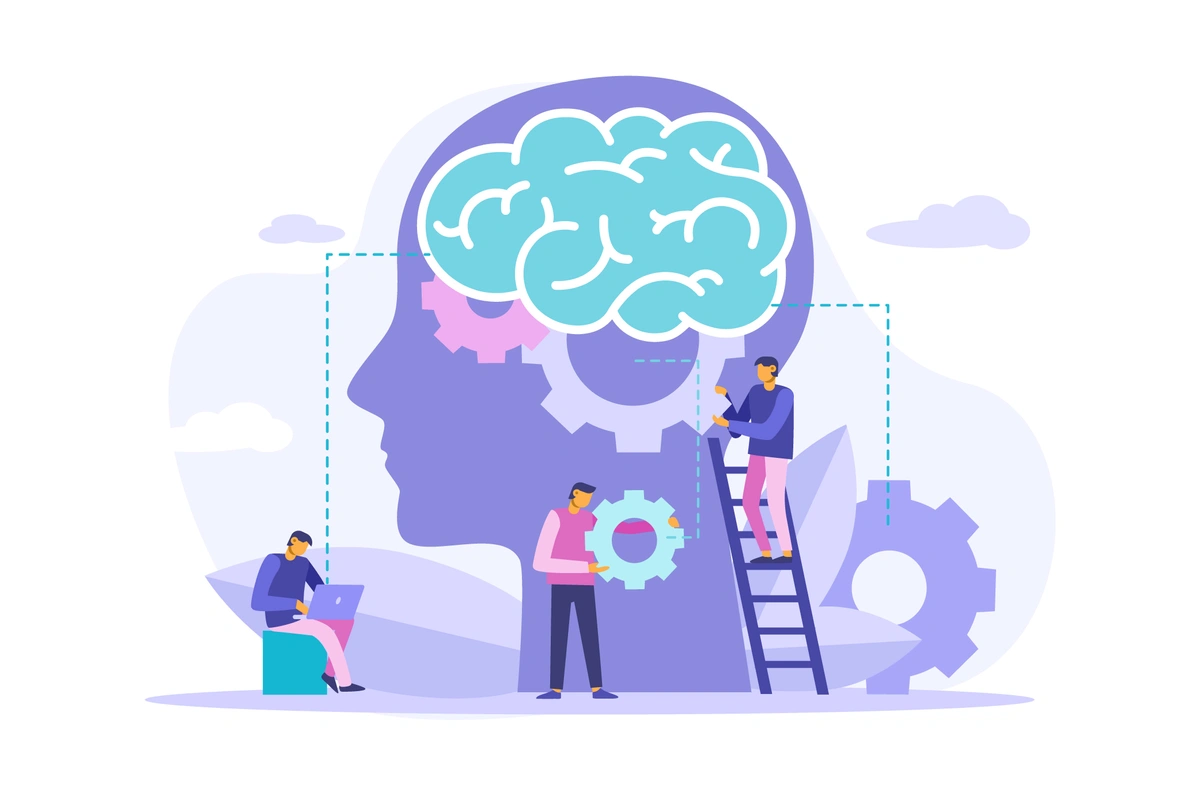The Connection Between Traumatic Brain Injuries and ADHD

The Connection Between Traumatic Brain Injuries and ADHD
March 6, 2024 | Dr. Joel L. Young
The brain is a plastic organ that changes and reacts to its environment. In recent years, researchers have become increasingly interested in how brain injuries can affect development well into one’s adulthood. More than 300,000 children are treated for traumatic brain injuries (TBI) each year. Two new studies point to the connection between childhood TBI and later development of ADHD.
TBI and ADHD: Untangling the link
A cohort study that followed 187 children was published in the journal JAMA Pediatrics. Each child had been hospitalized overnight for a traumatic brain injury between the ages of 3 and 7 years old. Researchers followed up with participants for several years following the study, and parents completed questionnaires about their children’s behavior and development at regular intervals.
The research suggests the effects of TBI may extend well beyond the period immediately following the injury. Even as late as 6 years following the injury, children with a TBI history were more likely to have ADHD.
A larger published study arrived at similar conclusions. That study, published in the journal Biological Psychiatry, compared symptoms of ADHD in 418 children with a history of TBI to symptoms in 3,193 children with no prior TBI. They also assigned a genetic risk score to each child. They found that a higher genetic risk score correlated with higher risk of ADHD only in children with no history of TBI. These results suggest that genetics may only play a role in ADHD risk in children with no TBI history.
Additionally, the study found brain differences in brain connections and regions associated with ADHD in children with a TBI history. This may help to explain the mechanism through which ADHD develops following a TBI.
TBI: A Chronic Injury?
Doctors once treated TBI as an acute injury, which meant that if a child survived the injury and had no immediate brain damage, that child would probably not have any lasting effects. Now a rapidly accumulating volume of research suggests that TBI might actually function as a chronic injury, causing long-term changes in brain health and development. TBI has been correlated with the following:
- Dementia
- Parkinson’s disease
- Aggression
- Employment difficulties
- Depression
- Cognitive changes
- Social skills issues
At least some of these changes may actually be rooted in ADHD, though others are likely due to other brain changes. It’s possible to mitigate the long-term effects of TBI, but quick intervention is key. However, above all, prevention is best.
TBI Prevention
Many traumatic brain injuries are preventable. Some strategies for preventing TBI include:
Properly securing a child in their car seat. As many as 95% of parents have incorrectly installed their car seats. Children should remain rear-facing as long as possible, and at least until age 2.
- Have older children wear a seatbelt every time they ride in the car.
- Require children to wear helmets every time they bike, roller blade, or do other sports that could cause a fall.
- Install window guards to prevent children from climbing out of windows.
- Use safety gates around stairs when you have young children.
- Secure bookcases and other heavy furniture to the wall.
- Never allow children to climb on furniture.
- Do not leave young children unattended for long periods, and talk to all children about the dangers of climbing furniture or jumping from heights.
- Use shock-absorbing material on your child's playground, and do not allow your child to play on a playground that is on hard ground or concrete.
- Use protective gear when playing contact sports.
- Discourage children from diving in water when they do not know its depth.
Approximately 1 in 5 children experience a mild traumatic brain injury at some point during childhood.
What Parents Need to Know
TBI is just one of many risk factors for ADHD. It is important to note that most cases of ADHD have nothing to do with brain trauma. It is difficult to get through life without any head contusions. Most injuries do not lead to ADHD. Still, the JAMA Pediatrics study sheds light on the relationship between TBI and ADHD. Well-known risk factors for ADHD include low parental education and family dysfunction, but these risk factors also correlate with ADHD in children who have not had a TBI.
ADHD remains a complex condition, and we still do not fully understand all risk factors and causes. What we do know is that it is treatable, and that immediate treatment tends to produce better outcomes. Parents who are concerned about their children’s behavior should seek a referral to a psychiatrist or other mental health professional. Family physicians are typically not equipped to provide the comprehensive treatment ADHD demands.
References
- Bowser, A. D. (2018, April 16). Children, adolescents with TBI at risk of secondary ADHD. Retrieved from https://www.mdedge.com/pediatricnews/article/161152/mental-health/children-adolescents-tbi-risk-secondary-adhd
- Long-term consequences of TBI. (n.d.). Retrieved from http://ohiovalley.org/informationeducation/long-termconsequences/
- Study identifies distinct origin of ADHD in children with history of brain injury. (2018, August 14). Retrieved from https://www.sciencedaily.com/releases/2018/08/180814101302.htm
- Traumatic brain injury & concussion. (2017, April 27). Retrieved from https://www.cdc.gov/traumaticbraininjury/get_the_facts.html
Ready to boost your practice?
Try 3 complimentary assessments on us.